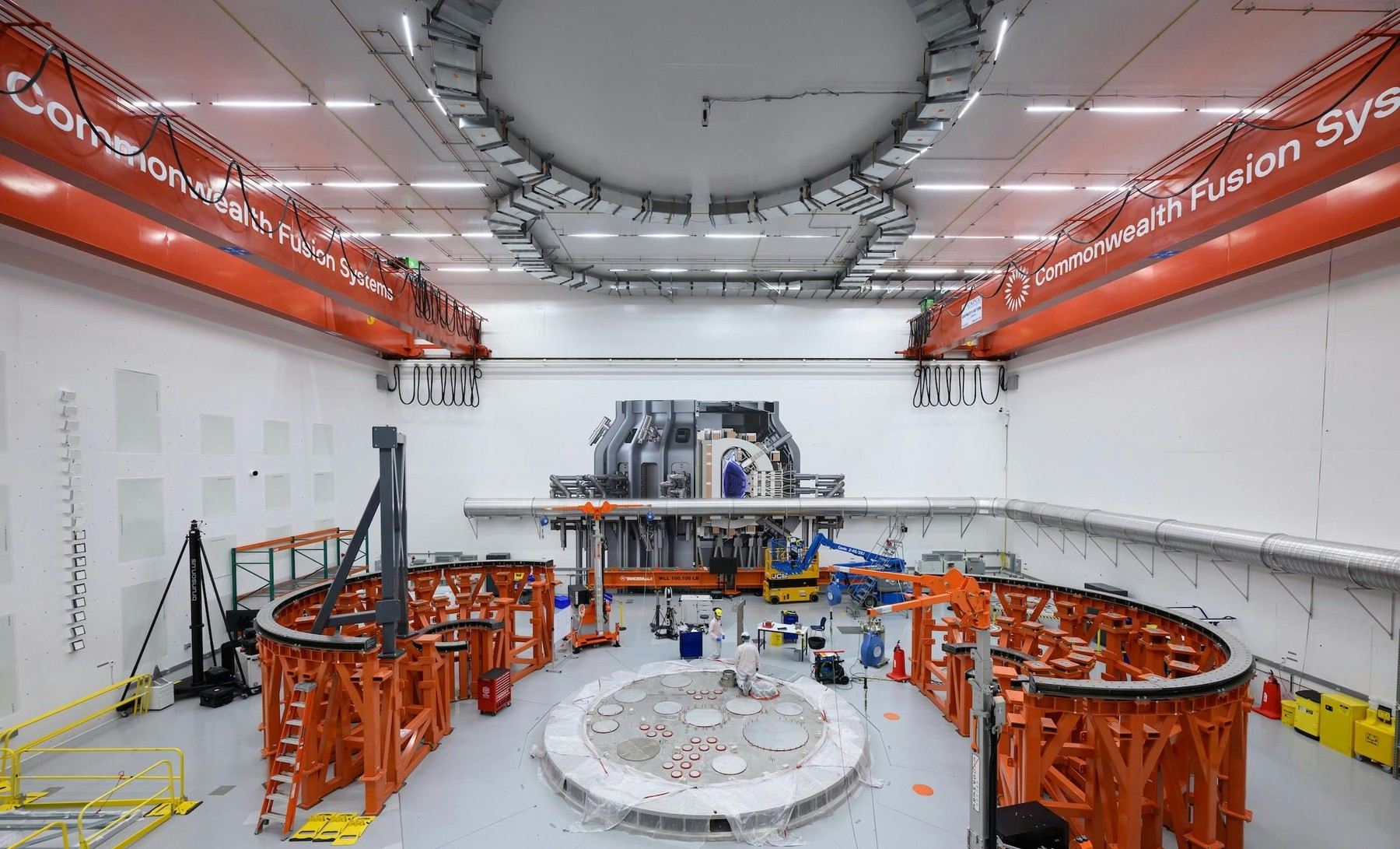Climate Insider Brief:
- Satgana, a venture capital firm specialising in climate technology, has closed its inaugural fund, raising €8 million ($8.6 million) from family offices and high-net-worth individuals, including figures like Maurice Lévy and Thibaud Hug de Larauze.
- The fund aims to invest in approximately 30 early-stage startups across Africa and Europe, focusing on sectors such as food and agriculture, transportation, industry and buildings, circular economy, energy systems, and carbon removal.
- Satgana’s strategy includes prioritising investments in climate tech startups addressing mitigation solutions in sectors like food, agriculture, transportation, industry, circular economy, and energy systems.
Satgana, a venture capital firm focusing on climate technology, has successfully completed the fundraising for its inaugural fund, securing a total of €8 million ($8.6 million).
The fund’s objective is to provide backing to approximately 30 early-stage startups across Africa and Europe committed to addressing climate change challenges.
The finalisation of the fund was accomplished through investments from various family offices and high-net-worth individuals, including prominent figures like Maurice Lévy from Publicis Groupe and Thibaud Hug de Larauze, co-founder of Back Market.

Despite facing obstacles in the fundraising landscape, particularly formidable for first-time fund managers, Romain Diaz, the founder and general partner of Satgana, expressed determination to prioritise investments and support for portfolio companies.
Diaz elaborated, “We initiated the fund in mid-2022, amidst the most challenging fundraising conditions since 2015. Despite this, we’ve made 13 investments, and we’re confident that with the current capital commitments, we can fulfil our strategy of investing in 30 companies within this initial fund, including follow-on investments.”
Looking ahead, Diaz hinted at future endeavours, stating, “This also sets the stage for a subsequent fund in a few years. It’s probable that we’ll launch distinct funds with varying strategies, perhaps one for Europe and another for Africa. However, that will come later; for now, our focus is on ensuring the success of this fund.”
Satgana specialises in offering early-stage startups funding of up to €300,000 ($325,000), primarily concentrating on sectors such as mobility, food and agriculture, energy, industry, buildings, and the circular economy.
The firm aims to support innovations aimed at mitigating climate change and enhancing resilience to its impacts.
Climate Insider’s Discussion with Desirée Pettersson
Climate Insider team had the opportunity to discuss the fund with Desirée Pettersson, Climate Tech VC Investor at Satgana. The team asked Desirée if there are any particular types of climate tech startups this funding is meant to support. Desirée said, “With 13 startups already backed since the initial close, the objective is to invest in a total of 30 startups through this fund. Central to the investment thesis so far has been mitigation solutions in six sectors.” The following are the six sectors highlighted by Satgana:
- Food, Agriculture & Land use: Examples include plant-based meat substitutes, alternatives to dairy products, food waste reduction platforms, soil health management, enablers of regenerative agriculture, sustainable supply chains, and more.
- Transportation & Mobility: Examples include electric mobility, alternative fuels, battery development and maintenance, charging infrastructure, enablers of train infrastructure and utilisation, last-mile delivery services, and more.
- Industry & Buildings: Examples include renewable heating and cooling solutions for buildings and industry, heat storage, heat pumps, alternative building materials, energy efficiency solutions, smart building technologies, and more.
- Circular Economy: Examples include repair and reuse platforms, product-as-a-service business models, technologies improving reuse and recycling rates, alternative material use, sustainable supply chain management solutions, and more.
- Energy Systems: Examples include short and long-term energy storage, distributed energy systems, smart grids, flexibility services, enablers of renewable energy generation, energy efficiency solutions, battery utilisation, and more.
- Carbon Removal: Examples include nature-based solutions, tech-based carbon removals such as Direct Air Capture (DAC), platforms enhancing the credibility and efficiency of the voluntary carbon market, safe storing solutions, and more.
Desirée went on to mention that Satgana is paying increasing attention to climate tech solutions focused on adaptation and going beyond carbon. “Increasing attention and research are currently being directed to climate adaptation solutions and emerging Climate Tech solutions going beyond carbon, such as biodiversity, plastics, and water tech,” she said.
The team asked Desirée about the kind of development she’d hope to see with efforts like the fund. Desirée mentioned that she’d hope to see a shift towards more founders starting to focus on a broader spectrum of climate problems, “and thereby a more even distribution of capital mirroring the gravity of the environmental problems targeted.”
She further expressed hope towards seeing an increase in capital flowing into impact-oriented funds in the coming years. “We anticipate that disclosure regulations such as the SFDR and the EU taxonomy will effectively catalyse change by contributing to increased transparency,” said Desirée. She emphasised that nothing is more effective as pooling capital; “therefore we want to see many successful exits, mergers and acquisitions, and closing of larger rounds for Climate Tech companies in the coming years.”
She also mentioned that Satgana will specifically focus on supporting more female and underrepresented founders. This is an important point because supporting female and underrepresented founders in climate tech is critical for fostering innovation, equity, and economic empowerment. By including diverse perspectives, we can address climate challenges more comprehensively and ensure that marginalised communities benefit from solutions.
Satgana’s successful completion of its inaugural fund, securing €8 million ($8.6 million) in investments, marks a significant step in its mission to support early-stage startups tackling climate change challenges. With a focus on sectors crucial to climate mitigation and resilience, and a commitment to supporting diverse founders, Satgana is poised to make meaningful contributions to the climate tech landscape in the years to come.
To stay informed about the climate industry explore our latest climate news.
Featured Image: Credit: Satgana








